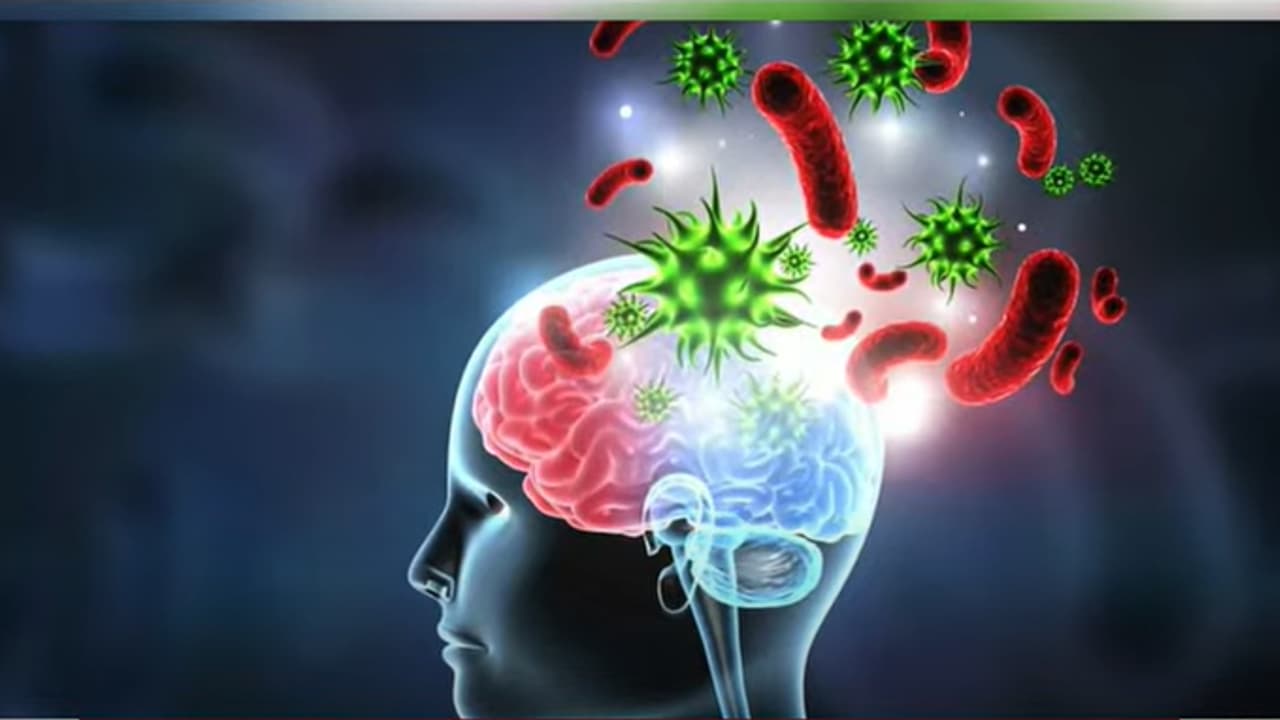Kerala’s Health Minister, Veena George, has confirmed 80 cases and 21 deaths from Primary Amoebic Meningoencephalitis (PAM), caused by the Naegleria fowleri parasite.
Kerala has confirmed 80 cases and 21 deaths from Primary Amoebic Meningoencephalitis (PAM), a rare but often deadly brain infection caused by the Naegleria fowleri parasite, commonly known as the “brain-eating amoeba,” state health minister Veena George announced on Tuesday.
Rise in Reported Cases
Speaking to reporters in New Delhi, Veena George explained that the state’s insistence on stricter reporting measures since 2023 has led to more PAM cases being detected. “The reason we are seeing primary amoebic meningoencephalitis cases in Kerala is because, from 2023 onwards, we made it mandatory to report every encephalitis case and to find its cause,” she said.
Testing and Early Detection
The minister admitted that the exact causes of several encephalitis cases remain uncertain, but highlighted Kerala’s progress in developing its own diagnostic capabilities across microbiology labs. “Early detection is crucial in saving lives. We now conduct PCR tests that can directly identify the presence of Naegleria amoebas. That is how we have been able to confirm infections,” George noted.
She added that statewide testing facilities have been set up to back these efforts, and technical guidelines for identifying and treating the disease were formally introduced in 2024.
Focus on Treatment and Prevention
“We have issued technical guidelines…So we are continuing our effort in identifying the disease, in finding the cause, and giving early treatment and saving lives…,” she said. The minister added that Kerala’s surveillance and rapid-response systems have been strengthened in light of the threat posed by the rare but deadly infection.
